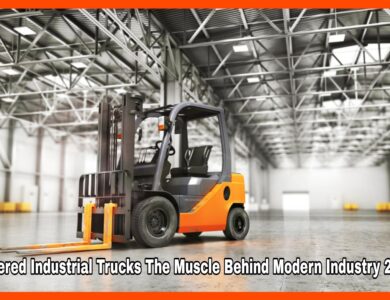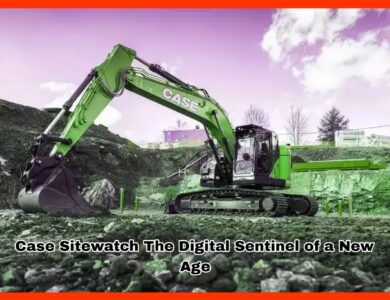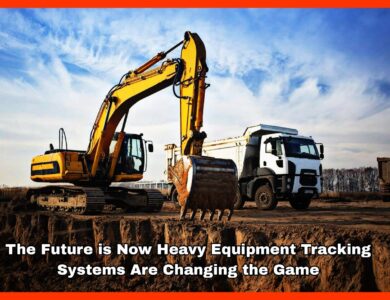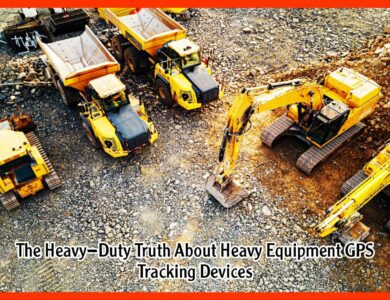Heavy Equipment Accident Lawyer Why You Need One After a Construction Site Catastrophe
Heavy Equipment Accident Lawyer Why You Need One After a Construction Site Catastrophe
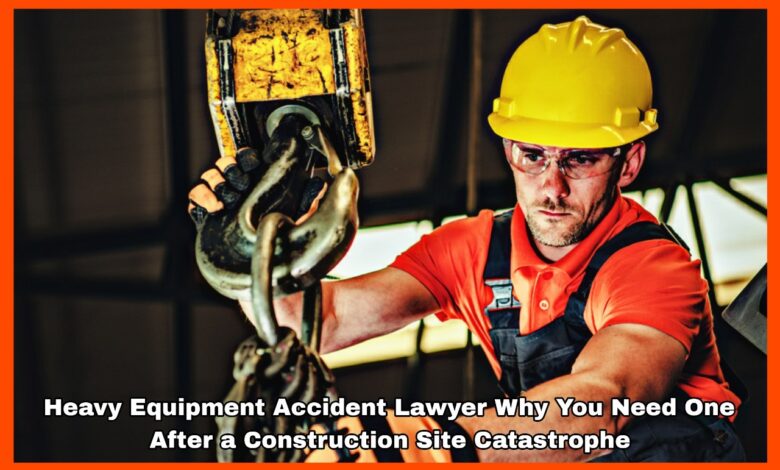
Heavy Equipment Accident Lawyer Why You Need One After a Construction Site Catastrophe
When 50 Tons of Steel Go Wrong You’ll Want a Lawyer — Fast
Construction zones are chaos in motion. Behemoth machines, bone-rattling noises, and deadlines that never sleep. It’s no surprise, then, that when something goes wrong, it goes really wrong. If you’ve been injured in a heavy equipment accident, you’re not just dealing with pain — you’re facing insurance companies, corporations, and a maze of legal jargon. That’s where a Heavy Equipment Accident Lawyer comes in.
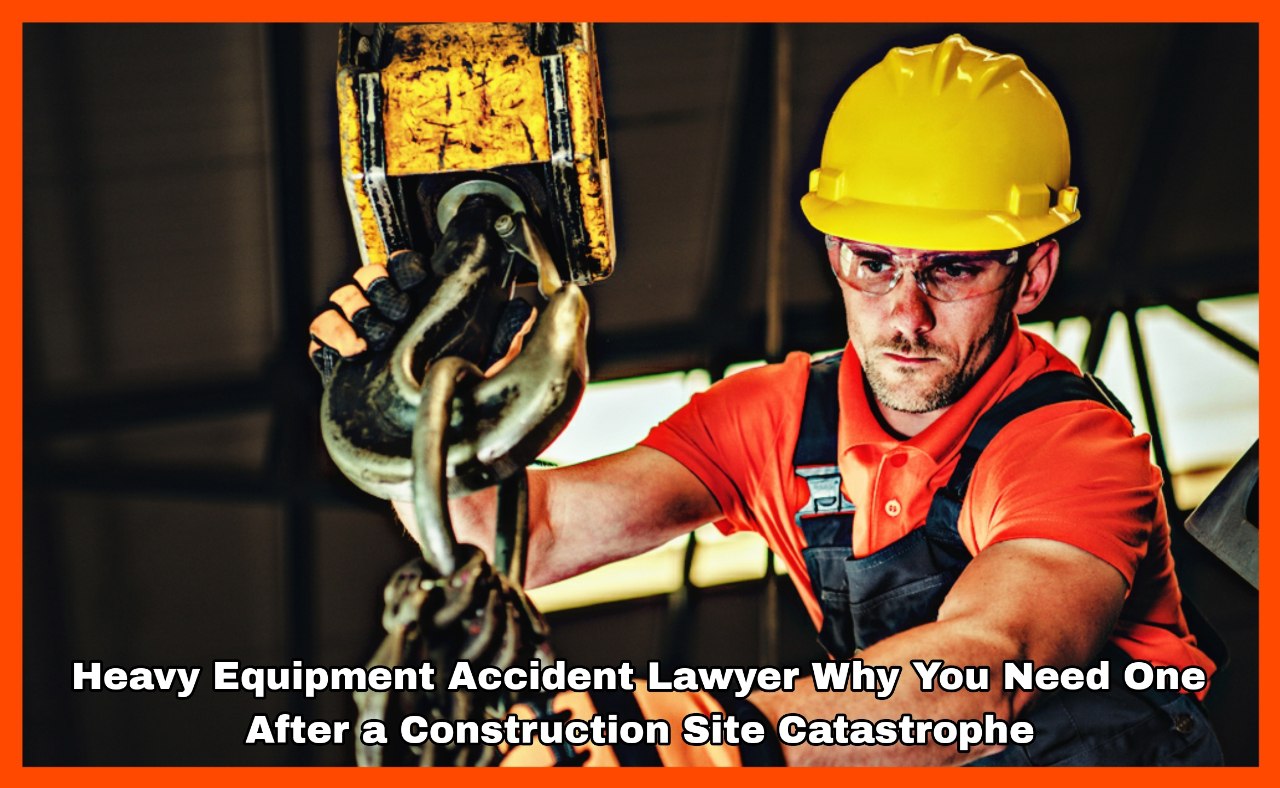
What Counts as a Heavy Equipment Accident?
We’re talking about:
-
Crane collapses
-
Bulldozer rollovers
-
Forklift mishaps
-
Excavator operator errors
-
Backhoe entrapments
-
Malfunctioning scissor lifts
“These aren’t just accidents — they’re life-altering events that demand accountability.”
Every incident involves layers of responsibility — contractors, manufacturers, site supervisors — and without the right legal help, you might be left with nothing but hospital bills and frustration.
So, What Does a Heavy Equipment Accident Lawyer Actually Do?
A qualified lawyer will:
-
Investigate the accident thoroughly, gathering CCTV footage, witness statements, OSHA reports, and more.
-
Determine liability, which could span from equipment failure to poor training protocols.
-
Negotiate with insurance companies — because they’re not on your side.
-
Fight for compensation, including:
-
Medical expenses
-
Lost wages
-
Long-term care costs
-
Pain and suffering
-
Wrongful death (in tragic cases)
-
Why These Cases Are So Complex
Unlike simple traffic accidents, heavy equipment injuries often involve:
-
Multiple parties: Owner, operator, contractor, third-party maintenance crews.
-
Federal regulations: Especially from OSHA and state-level labor boards.
-
Specialized knowledge: Your lawyer needs to understand engineering, construction logistics, and mechanical failures.
And remember:
“If the lawyer you’re talking to can’t tell a skid steer from a loader… keep walking.”
How to Choose the Right Lawyer
Here’s a quick checklist to help you decide:
-
Proven track record in construction site injuries
-
Experience dealing with OSHA and workplace safety law
-
Willingness to take the case to trial if needed
-
No upfront fees (most work on contingency — they only get paid if you do)
Don’t Wait
If you’ve been injured by heavy machinery, time is not your friend. Evidence fades. Witnesses vanish. Insurance adjusters are already building a case against you.
